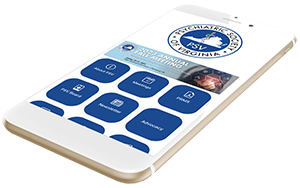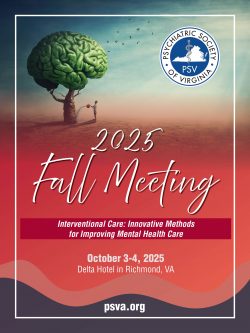https://iacapap.org/news/an-interview-with-iacapap-international-contribution-award-2024-winners.html
Printed with permission from the IACAPAP Bulletin
By Dr. Rajesh Mehta
Child and Adolescent Psychiatrist,
Children’s Hospital of The King’s Daughters
Norfolk
The IACAPAP International Contribution Award is sponsored by the Korean Academy of Child and Adolescent Psychiatry (KACAP) and is presented by IACAPAP to recognize the accomplishments of a senior individual who has made outstanding contributions to child and adolescent mental health (CAMH) in the developing world. The award underscores the contributions of the individual to services development, research and/or teaching in Low or Middle-Income countries.
The winners of the International Contribution Award 2024 are:
- Dr. Alexandra Murray Harrison, United States
- Dr. Rajesh Sagar, India
- Dr. Pedro Kestelman, Argentina
Interview with Dr. Alexandra Murray Harrison
Reflecting on Your Journey: Can you share some of the key highlights of your career in child and adolescent mental health, including any defining moments or experiences that shaped your path?
A key highlight was my experience in the Boston Change Process Study Group, where I studied infant research and learned about the critical importance of the first 1000 days of life and how infant-caregiver relationship forms the foundation of the future success of the older child and adult that the infant will become. I became proficient in analyzing videotape and began to bring this new knowledge and skill to orphanages in El Salvador and then student nurses in North India.
Another highlight was introducing the Newborn Behavioral Observation, a tool designed to support the infant-caregiver relationship, to my colleagues in Pakistan. During the pandemic my Pakistani colleague onsite administered the NBO, with me coaching her remotely, to mothers and infants from the villages. The trial was a great success and formed the basis for teaching an adapted infant parent mental health curriculum (“Building Baby Brains”) to Lady Health Workers in rural Pakistan. I continue to meet with these remarkable women in monthly mentorship groups.
The last highlight I will mention is my return to El Salvador to collaborate with a local institution to create a residential program for young pregnant teens in which we care for them and their infants during the pregnancy, delivery, and the neonatal period. What I am continuing to learn about resiliency from these young girls and their infants is challenging my psychoanalytic and developmental science theories and challenging me to open my mind to alternative theories that enrich my work as a clinician and a teacher.
Advice for Early Career Professionals: What advice would you give to early-career mental health professionals who are looking to make meaningful contributions to the field?
I would advise early-career mental health professionals to include experiences treating children and families from low-resource, high-risk communities, especially families from cultures other than your own, in your clinical practice. I would also encourage young professionals to learn some basic tools of research–quantitative or qualitative–to demonstrate the effectiveness of your therapeutic work.
The Role of Mentorship: How has mentorship played a role in your professional growth, and what qualities do you think make a great mentor?
Mentors have always played a big role in my life, from my undergraduate years, through medical school and psychiatric and psychoanalytic training. In turn, I value mentoring young people. In fact, mentorship is one of the important missions of my nonprofit, Supporting Child Caregivers.
Impact of IACAPAP: How has IACAPAP influenced your career?
I have enjoyed IACAPAP conferences, but most of all, I appreciated the honor of receiving the International Contributions award.
Future Directions: Looking ahead, what do you believe are the most pressing challenges or exciting opportunities in child and adolescent mental health globally?
I think the most pressing challenges are 1) studying and facilitating the implementation of preventive infant and child mental health practices; 2) combatting gender bias in traditional cultures; and 3) funding initiatives in global child mental health.
Read more here.





